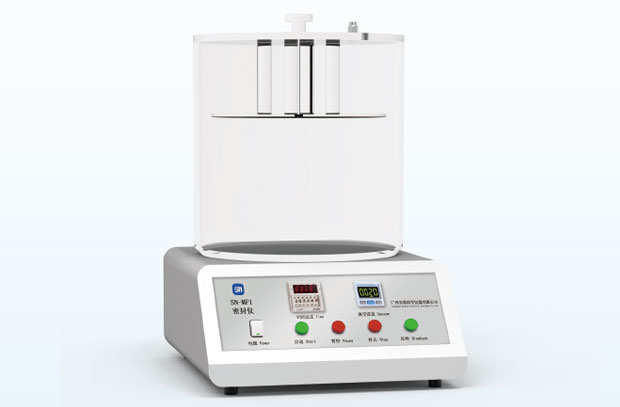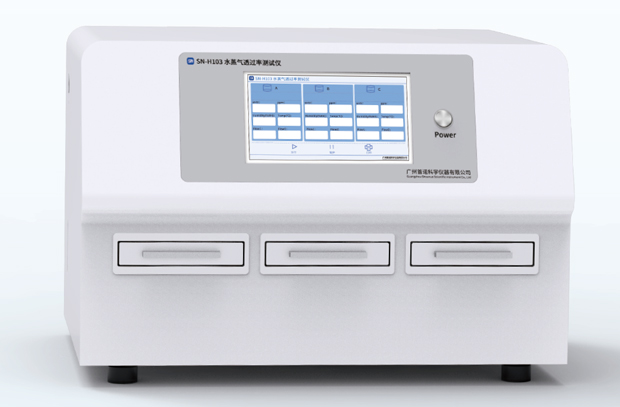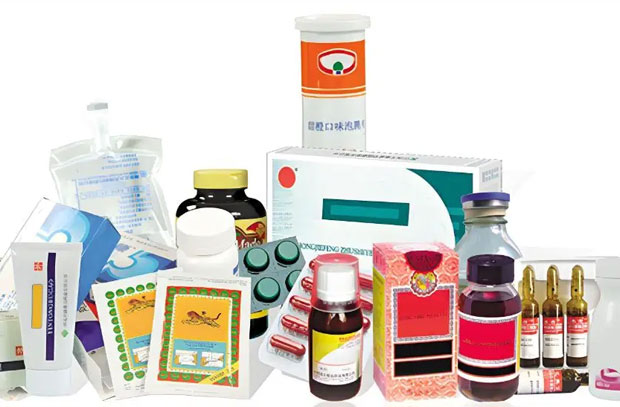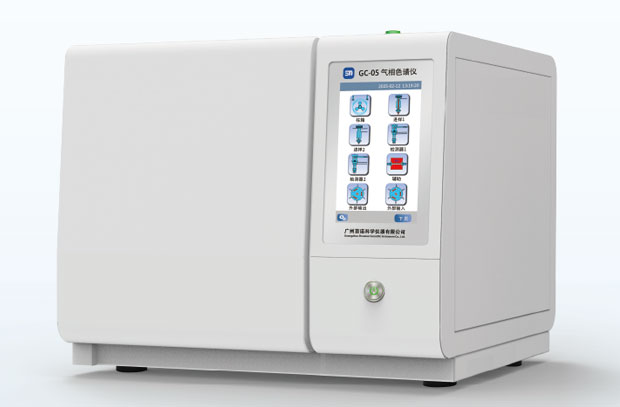In industries such as food, pharmaceuticals, and medical supplies, packaging bags are more than just containers; they are the first line of defense for ensuring product quality, maintaining sterility, and extending shelf life. Even the slightest leak or damage can lead to spoilage or contamination of the contents, resulting in significant commercial losses and even endangering consumer health. Therefore, scientifically and accurately assessing the physical strength of packaging bags has become an indispensable part of the production process. Packaging bag compression testers are specialized testing equipment designed for this purpose, playing a crucial role in the quality control system.
The core value of packaging bag compression testers: simulating reality and anticipating risks.
A packaging bag pressure tester, as the name suggests, is an instrument specifically designed to test the resistance and sealing performance of various flexible packaging bags (such as food packaging bags, medicine bags, infusion bags, blood bags, etc.) under external pressure. Its core function is to simulate the actual pressure conditions that packaging bags may encounter during warehousing, stacking, and transportation. During logistics, finished packaging boxes are stacked layer by layer, and the bottom layer of packaging bags will bear enormous static pressure. This pressure may cause the packaging bags to deform, the seals to crack, or pinhole leaks. By using a packaging bag pressure tester, companies can accurately reproduce this scenario in a laboratory environment, identify packaging design defects in advance, and avoid batch losses due to packaging problems.
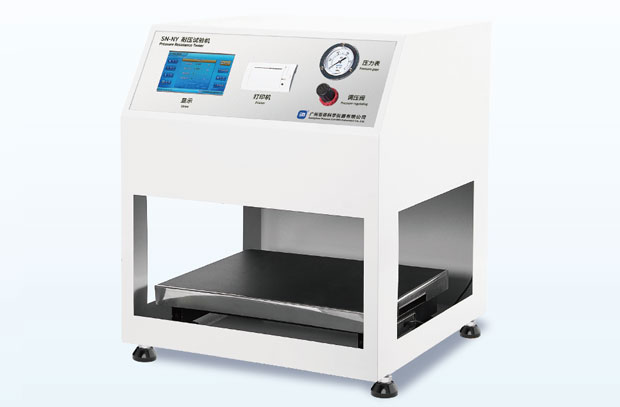
Why is it necessary to use professional packaging pressure testing equipment?
Some might ask whether relying on experience or simply pressing with heavy objects is feasible. The answer is no. Non-standard testing methods cannot provide quantifiable, reproducible, and comparable precise data, rendering quality control without a scientific basis. Professional packaging pressure testing instruments, through sophisticated electromechanical or pneumatic systems, provide stable, uniform, and precisely controllable pressure. They can apply continuous or gradually increasing pressure to packaging bags according to national or international standards (such as ASTM and ISO), and monitor in real time the critical points of deformation, rupture, or leakage. This rigorous process ensures the objectivity and authority of the test results, providing solid data support for improving packaging materials, optimizing sealing processes, and developing scientific stacking schemes.
In-depth application scenarios: from food safety to medical safety
In the food industry, whether a potato chip can be delivered intact to a consumer, or whether a bag of liquid milk remains intact after long-distance transportation, all depend on rigorous packaging bag compression testing . Instruments can determine the maximum pressure limit of packaging bags through testing, thereby guiding companies to set safe storage stacking levels and effectively preventing food leakage and waste caused by packaging crushing.
In the pharmaceutical and medical fields, its importance has risen to the level of a matter of life and death. Medical packaging such as infusion bags and blood bags must maintain absolute airtightness and integrity throughout the entire supply chain. Any minor damage could lead to drug contamination or blood deterioration, with unimaginable consequences. The role of packaging bag pressure resistance testers here is to act as a tireless "quality gatekeeper," ensuring that every medical packaging bag leaving the factory has sufficient physical strength to withstand real-world logistical environments, establishing a solid physical barrier for the safety of patients' medication and blood use.
Conclusion: Investing in quality control is investing in brand reputation.
In conclusion, a packaging bag compression tester is not merely an optional laboratory device, but a strategic investment in the modern packaging industry to ensure product safety, maintain brand reputation, and reduce operational risks. Through scientific testing methods, it identifies and eliminates potential risks before products leave the factory. For any food, pharmaceutical, or medical supply company committed to providing safe and reliable products, incorporating packaging bag compression testing into its routine quality control process is a concrete manifestation of its commitment to consumer responsibility and a wise move to build core competitiveness in a fiercely competitive market.






